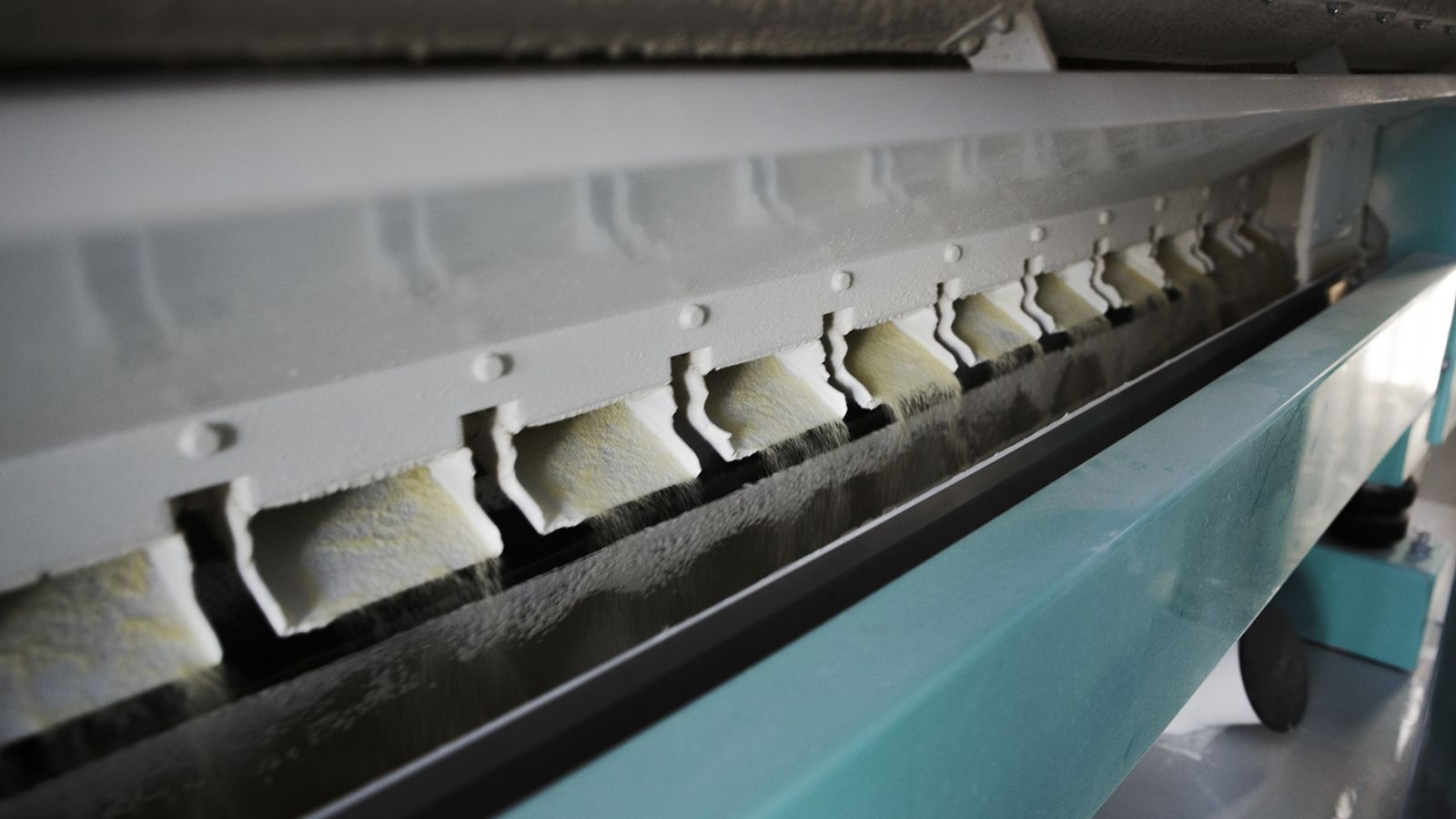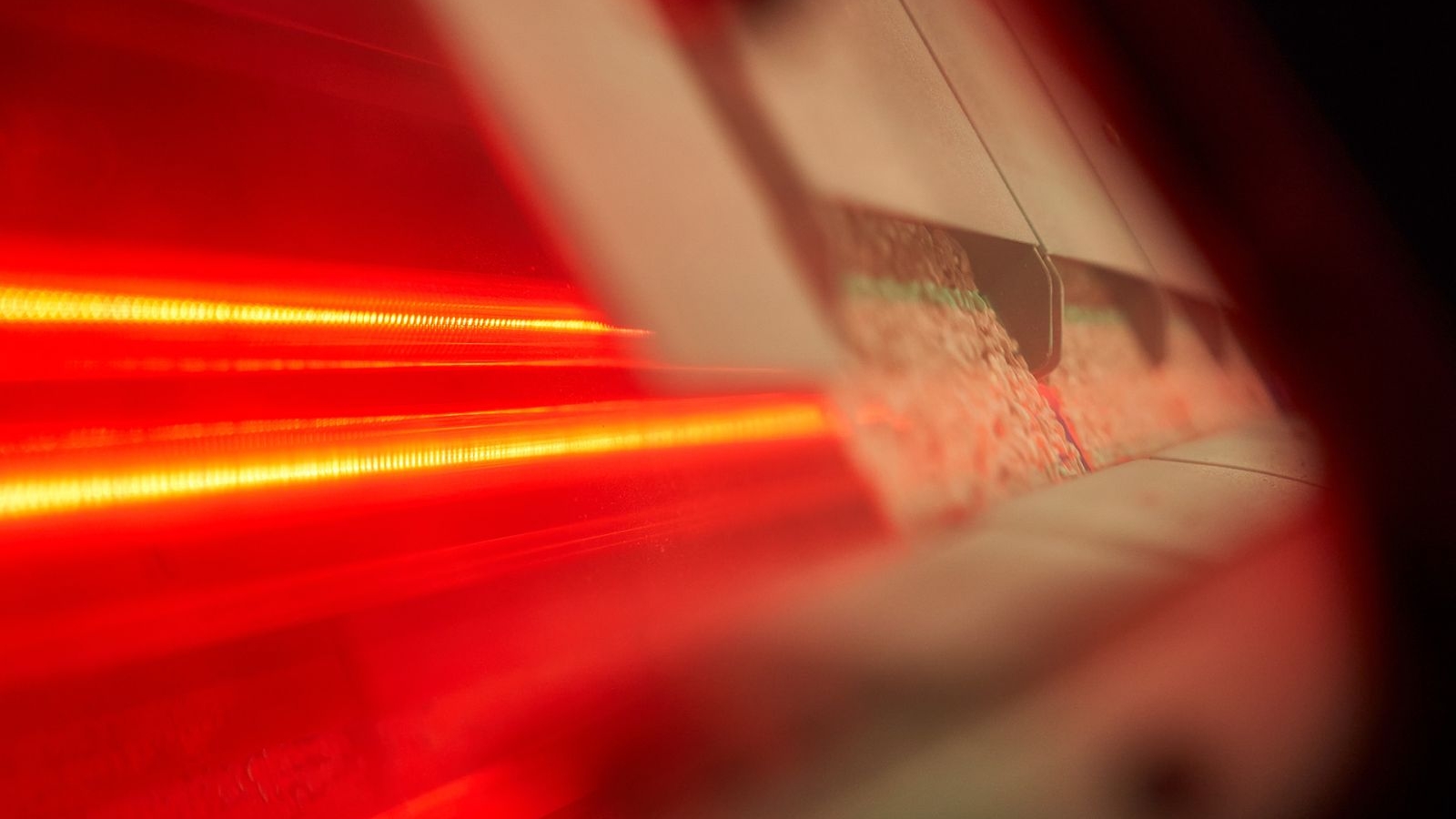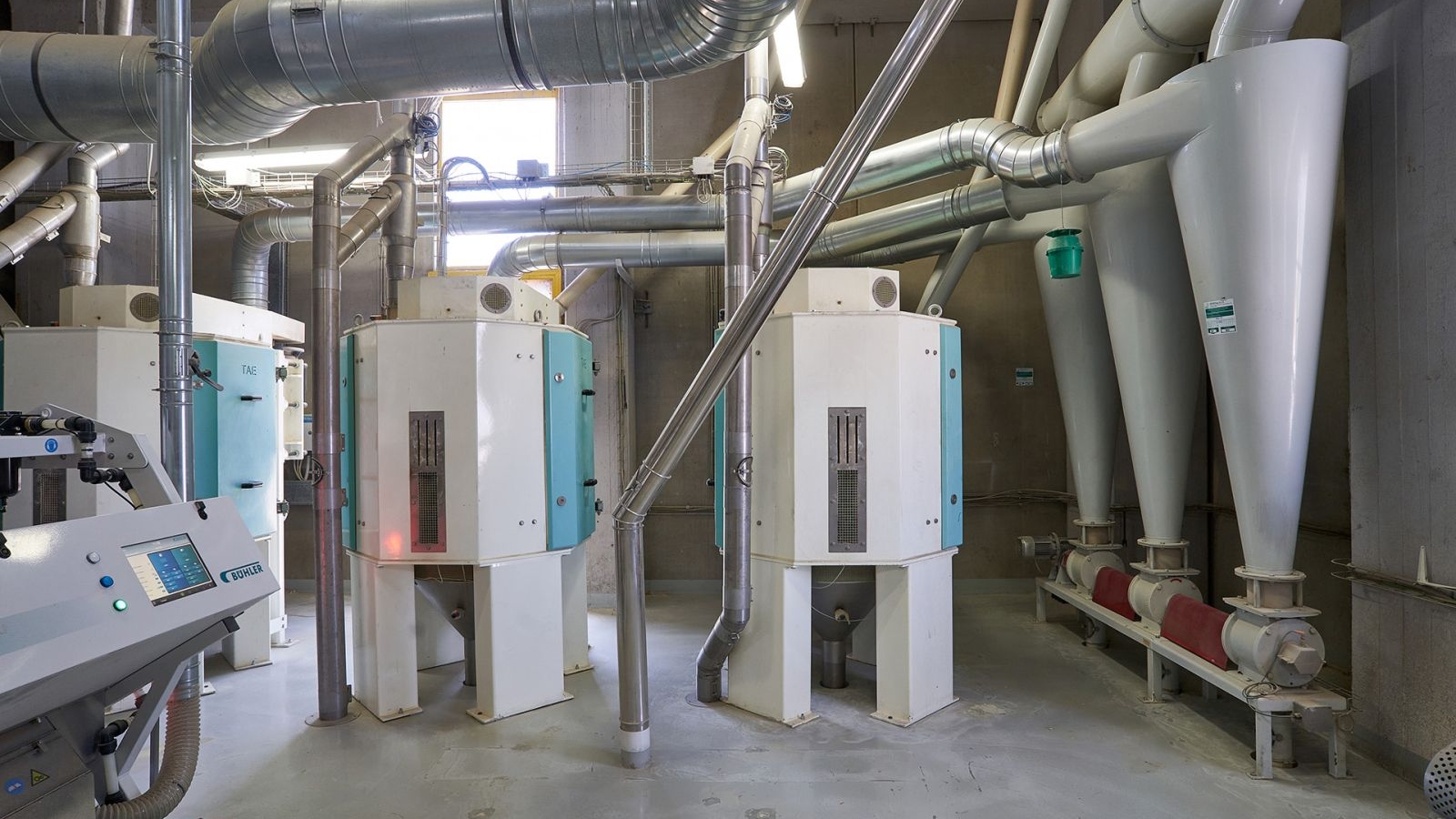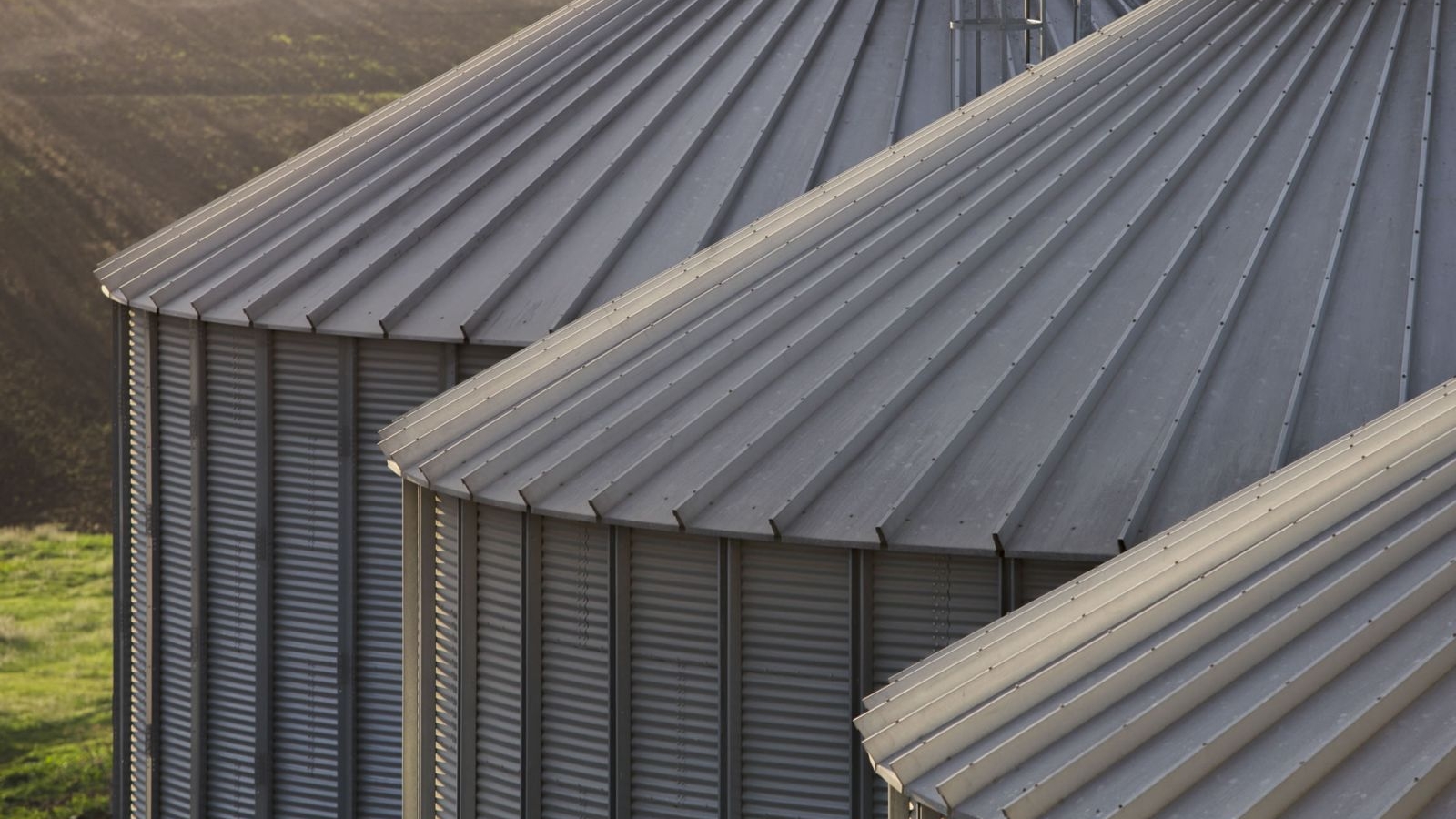Here at Molino De Vita we casually wear the "double face" dress of farmer and technological innovator because our agricultural background does not prevent us from firmly believing in technology.
On the contrary, we have always dedicated great commitment and huge investments in food research and technological innovation, while respecting tradition and the environment.
We do this because we are convinced that in agriculture having regard for the biodiversity of the earth is the basic requirement for technology to be useful.
All the innovations, in fact, that characterize the processing of wheat for the production of flour, are always at the service of the authenticity of the food product without ever altering it, also contributing to the sustainability of the environment by reducing energy consumption and waste.
In our production cycle, we pay great attention to the genuineness of raw materials and the finished product in order to protect consumers' health more and more.
This is why we are particularly appreciated for the high quality of our products: the Special Semolina, Semolina rimacinate from 100% Italian wheat semolina and Sfarinati Salutistici e Funzionali and Semolina from organic farming.
Our BIO semolina is preserved from production to packaging. To do this, we have dedicated software to avoid "cross contamination" during storage and milling, as well as three hoppers (two for Bio product delivery and one for conventional) and silos dedicated exclusively to Bio product delivery.
And we do all this with the help of technology.



